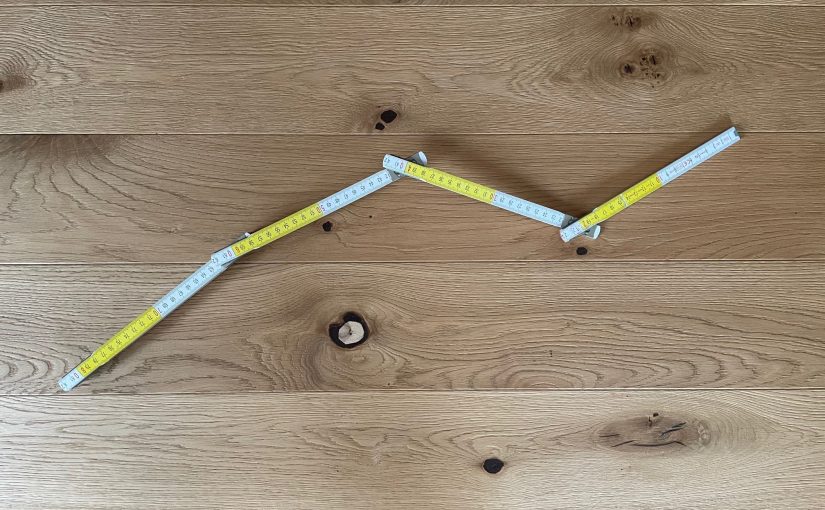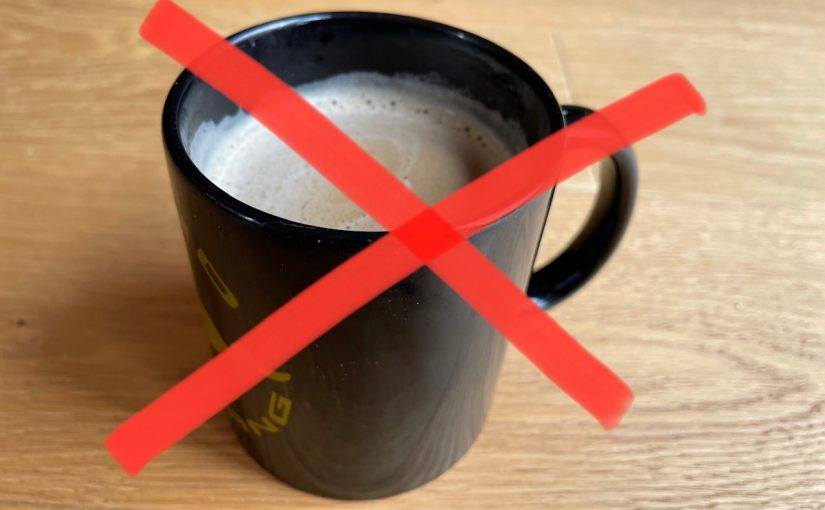After starting a business, things change. You realize that the garage days are over and that you need to make a decision - do we want to grow this leading a market? Or do we let it be as it is. As entrepreneur my DNA is set to growth and I like to share what happened to my company after we have shaped vision and mission more clearly.
Early 2017 we had 80 people working for the company. I was one of the leaders always thinking about strategy (vs. reactive things based on the day-to-day business). I was often asked: where do you and your company (which has been the same for many years) want to be in 5 years. With help of a mentor (I will write about the idea of mentoring later) I have developed a multi-dimensional growth model that helped me to further grow the company, look for growth capital, and finally sell it. I will outline the key ideas in the following:
A natural starting point are the financials. You know your year-on-year growth from the past, you know your costs, and based on that data you can project how the future might look like. You can use conservative data (organic growth - we had an average YoY growth of 25% over several years) and more aggressive curves assuming that you can invest in certain areas.
And this leads directly to follow-up questions like driven by bottleneck thinking: what hinders me to further grow the company and what do I need to do closing the bottleneck? If I do that, what would be the next bottleneck? And so on. A second layer is: what would unleash new revenue streams that you don't have today (new products, new sales territories, etc.) and how do you get there?
I found that besides financial planning (revenue, cost, margin) the following dimensions should be considered: people, go-to-market approach, portfolio, innovation, and delivery. I will write on those topics later.
Such a comprehensive growth model helps you to better understand your company. You will find out the different dimensions that are interdependent and that changes on one end have an impact on other ends. Understand that and you get into control of your planning and execution. Such a model is also not static but helps you to move forward strategically and adjust it whenever needed. I will talk about working with the model, too.

